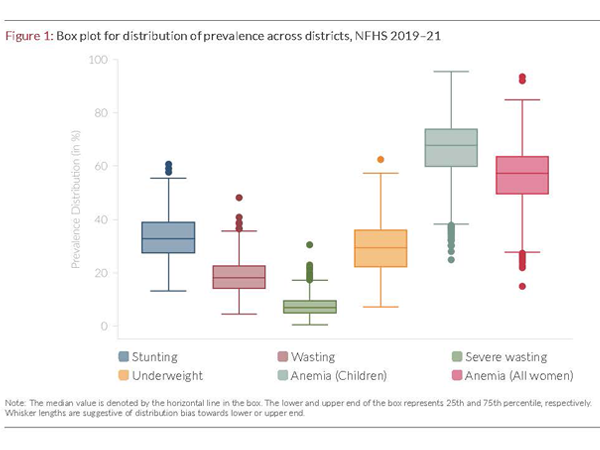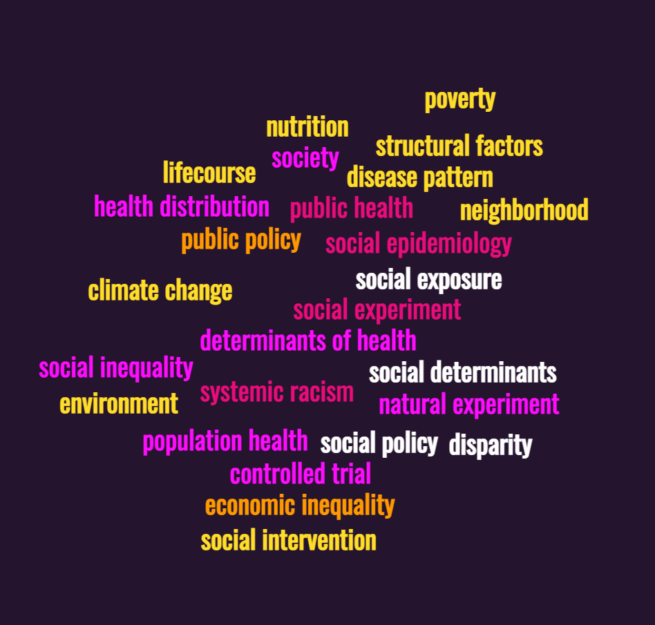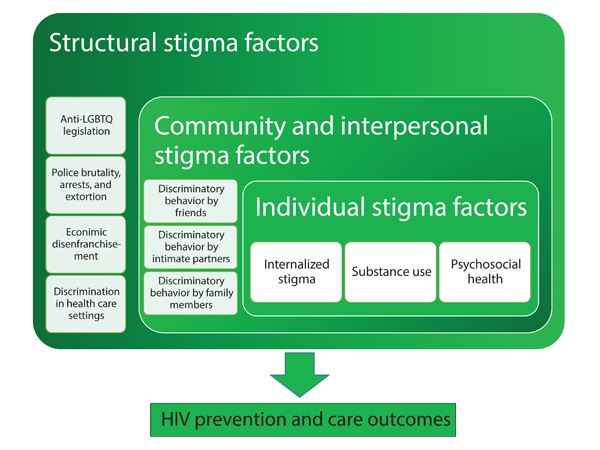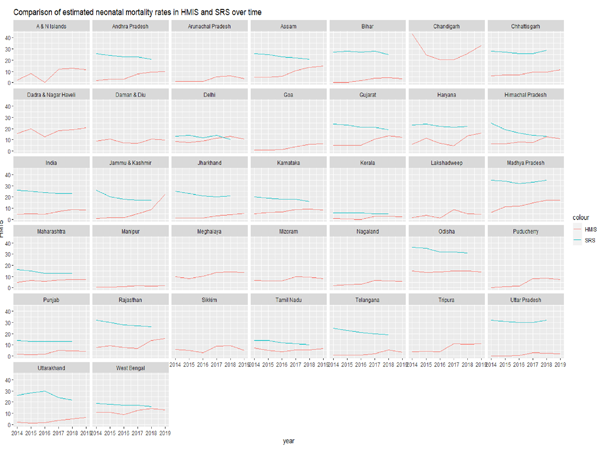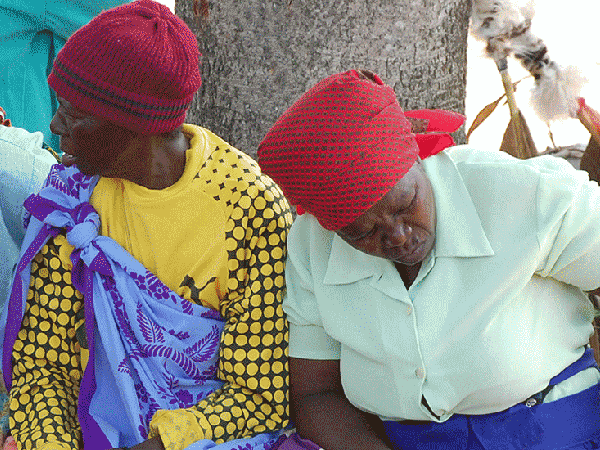Co-editors Beth Truesdale and Lisa Berkman penned an op-ed in honor of Labor Day that shares insights from their new book (that drops tomorrow!), “Overtime: America’s Aging Workforce and the Future of Working Longer.”
Lisa Berkman discusses the future of work for aging Americans
New policy brief series by India Policy Insights team delivers concise analysis of key performance indictors for five national programs sponsored by Indian government
The government of India has invested in programmes to help the states and districts achieve performance goals set to address everything from health issues (such as reducing anemia, stunting and low birth weight) to issues around gender inequity and women’s empowerment through education. But how can it be determined if India’s districts are achieving these goals? Now, a new policy brief series produced by India Policy Insight‘s team helps shed…
Three cheers for transformative potential of randomized controlled trials and natural experiments to help us better understand how social exposures impact health!
In honor of the American Journal of Public Health’s 100th anniversary, a commentary by HCPDS Director Lisa Berkman, faculty member Mauricio Avendano, and former Bell Fellow Emilie Courtin spreads enthusiasm about how the implementation of social randomized controlled trials (RCTs) and natural experiments that utilize observational data can help to advance the field of social epidemiology, and to illustrate… “…how credible social policy reforms may be instrumental to address health…
Op-ed introduces conceptual framework to better understand how “intersectional stigma” affects HIV prevention and care outcomes among sexual minority men in sub-Saharan Africa
Yerby Fellow Adedotun Ogunbajo, PhD, HCPDS faculty members Kenneth H. Mayer, MD, and Alexander C. Tsai, MD, PhD, and their colleague Phyllis J. Kanki, ScD, have published an editorial in the American Journal of Public Health that puts forth a framework that illustrates and dissects the “interconnected systems of stigma” that are likely serving as impediments to receiving quality HIV health services for sexual minority men (SSM) in sub-Saharan Africa.…
Christina Cross receives award from National Council on Family Relations for publication
Christina Cross, PhD, our recent postdoctoral fellow who has now joined the ranks as one of our faculty members, co-authored an article that has been awarded the Best New Professional Article Award from the National Council on Family Relations’ Men in Families Focus Group. The article — “Nonresident Social Fathering in African American Single-Mother Families” — has been accepted in the Journal of Marriage and Family’s special issue on Transformative…
What can be done to better support incoming refugees in the United States?
Our Harvard Bell Fellow A. Nicole Kreisberg‘s HCPDS Working Papers (Vol. 21, No. 7) was published in the journal Social Problems, and was discussed in this Scholars Strategy Network’s No Jargon podcast on how refugees coming into the U.S. can be better supported.
Can India’s Health Information Management System (HMIS) data be relied upon for estimates of population-level birth and child mortality rates?
This study is one of the first to compare facility-based, administrative health data on births and child deaths to birth and death vital statistics from the more commonly relied upon nationally representative surveys, such as the Sample Registration System and the National Family Health System, at national and state levels over a four-year period. Although the study authors (including Pritha Chatterjee, Harvard Bell Fellow Aashish Gupta, and HCPDS faculty member…
A closer look at the impact of social networks on well-being among an aging South African population
A recent study based on data from the project “Health and Aging in Africa: a Longitudinal Study of an INDEPTH Community in South Africa” (HAALSI) suggests that social capital theory (the concept that the higher socioeconomic status of your contacts can have positive health impacts as they are a type of interpersonal resource) applies not only in higher-income settings, but in a more resource-limited, rural setting in South Africa as…
Quantitatively analyzing the working conditions of the informally employed domestic worker in a new way
What sort of working conditions (hazards and protections) are domestic workers informally employed by private households exposed to? Until now, there was not much quantitative analysis about patterns of workplace hazards faced by these workers. Harvard Pop Center Associate Director Jason Beckfield, faculty member Nancy Krieger, and their colleagues use latent class analysis in their paper to shed light on “distinct patterns of workplace hazards, … and [domestic workers’] exposures…

